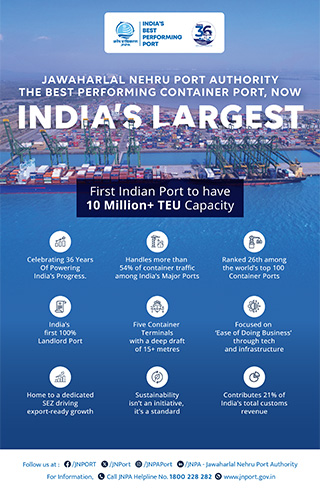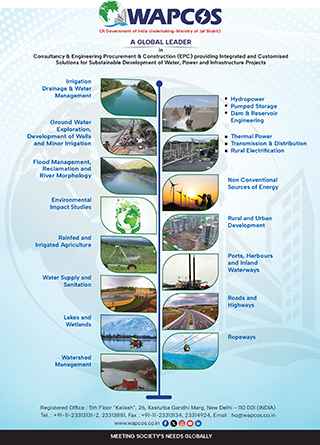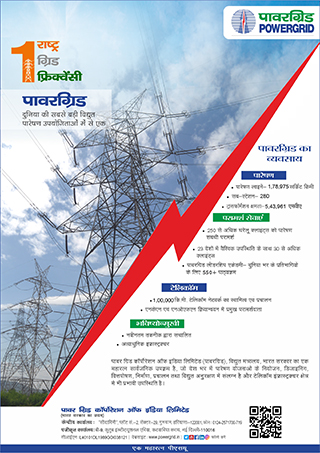whispers in the corridors
China’s Dams on Brahmaputra: AI Ambitions Behind Water Power?

Speculation is growing in strategic circles that China’s rapid dam-building along the Brahmaputra and in Tibet may not be driven by hydropower needs alone. According to diplomatic sources, energy from these projects could eventually feed massive data centers aimed at powering China’s AI revolution. The scale of electricity required for such centers has prompted questions about Beijing’s infrastructural choices and long-term ambitions.
Indian officials, aware of the developments, are said to have raised concerns with their Chinese counterparts. Quietly, New Delhi has also been sharing limited water-related information with close allies, including the United States, to alert them of the larger implications. Sources suggest India fears that what appears to be a “run-of-the-river” initiative could, in reality, be laying the groundwork for AI-centric data infrastructure.
While China has officially denied any diversionary intent, analysts point to the strategic coupling of water, energy, and technological power as part of Beijing’s future roadmap. The Brahmaputra’s waters may thus be flowing into a much larger story—one that merges geopolitics, climate security, and the global contest for artificial intelligence dominance.
India’s security apparatus is watching Pakistan’s Nuclear Pact with Saudi Arabia very closely

Saudi Arabia and nuclear-armed Pakistan have signed a formal mutual defense pact in a major turn of events, significantly deepening their long-standing security partnership. The agreement commits both nations to enhanced defense cooperation and joint deterrence, with a declaration that any aggression against one will be treated as aggression against both — a move aimed at bolstering their regional and global security profile.
India’s security establishment is closely monitoring the development, with sources indicating that New Delhi has initiated high-level consultations to assess the pact’s strategic implications. According to senior officials, calls have already been made at the top echelons of government to evaluate how this renewed Riyadh-Islamabad security axis may alter the regional balance and India’s broader strategic interests.


































